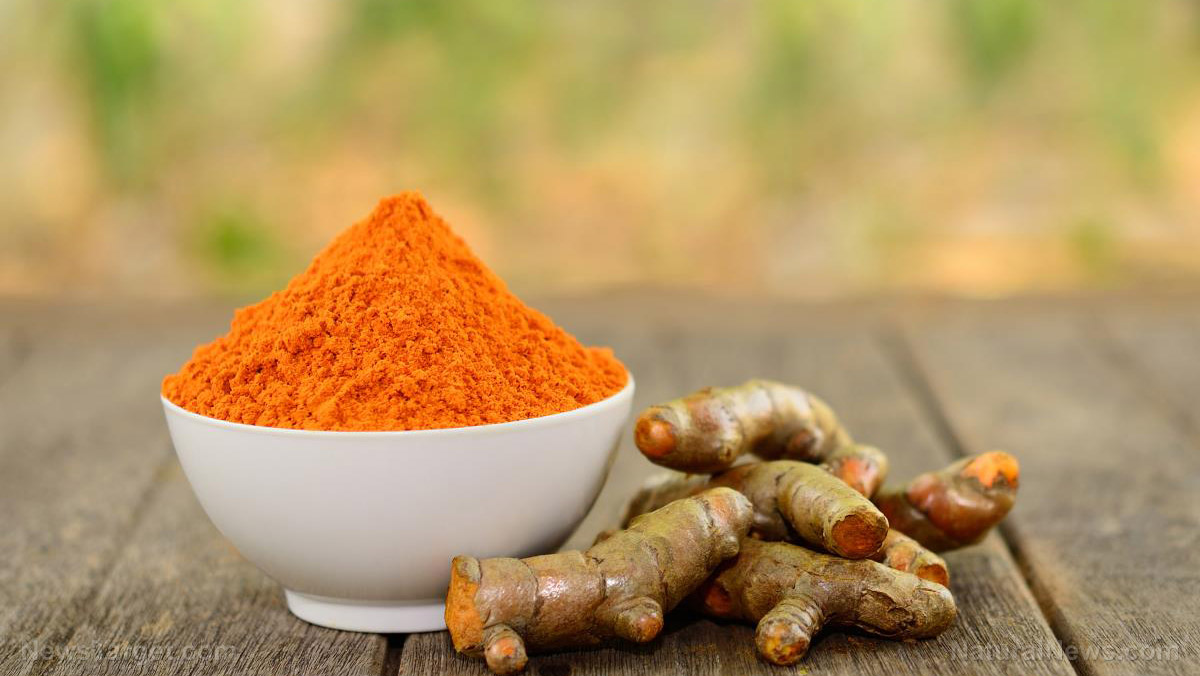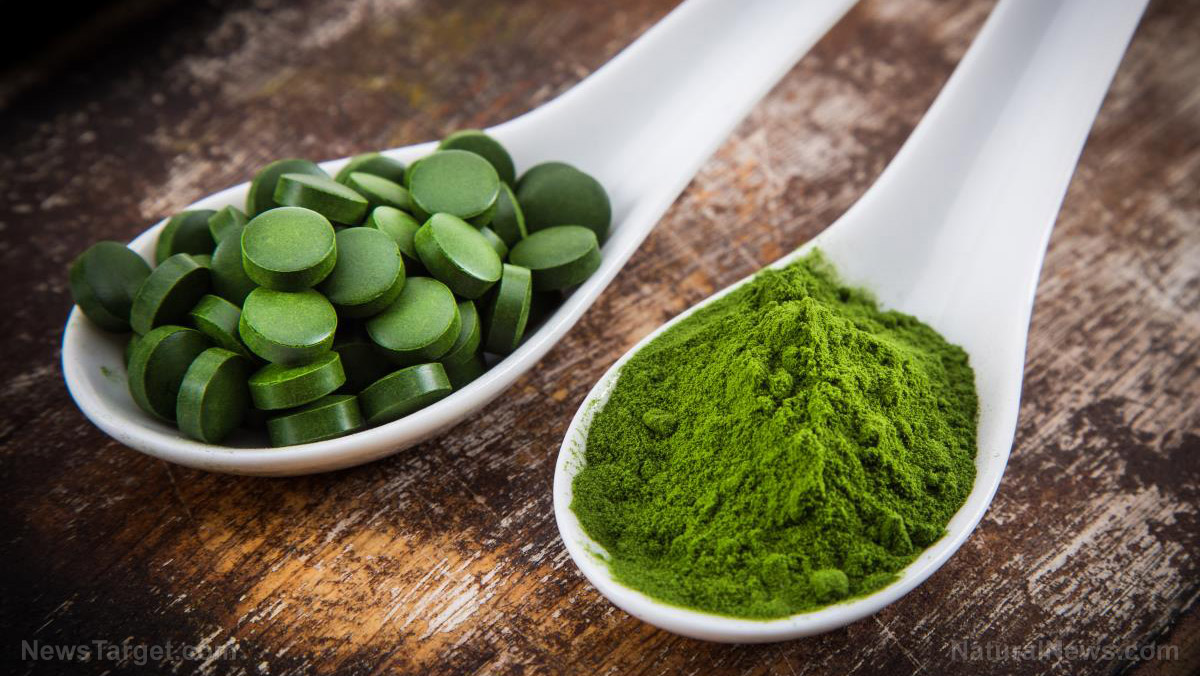It’s time that we talked about gout – and the 5 foods that can beat it – watch at Brighteon.com
12/03/2018 / By Ralph Flores

Gout is one of the most common forms of arthritis in adults, especially in North America and Western Europe. In one article in Nature Reviews Rheumatology, authors noted that around 4 percent of American adults suffer from gout, based on a literature review on the illness. By far, the highest prevalence of gout is in Taiwanese aboriginals and the Maori people of New Zealand, with reports indicating an incidence rate of more than 10 percent.
The ‘king’s disease’
Historically, gout has been called as the ‘king’s disease’ or ‘rich man’s disease’ as people have linked it to overindulgence in meat and alcohol that only the rich and powerful could afford. This belief, in fact, was incorrect, since gout can affect anyone and with different risk factors.
Gout (or gouty arthritis) is a condition where uric acid crystallizes in the soft tissue of the joint, causing excruciating pain, swelling, redness, and warmth. The crystals, in particular, are a byproduct of the body’s metabolism of purine, a chemical present in many types of food. For the most part, the resulting uric acid is filtered out by the kidneys and disposed of either via urine or stool; however, if there is too much uric acid in the bloodstream — a condition called hyperuricemia — it can increase the risk of it forming into crystals that collect in the joints and cause gout.
Acute episodes of gout are usually self-limiting, but repeated cases can lead to chronic gout which can damage the affected joint and lead to a decreased range in motion, among other problems. (Related: Gout: Another metabolic disorder that can be controlled through lifestyle.)
100% organic essential oil sets now available for your home and personal care, including Rosemary, Oregano, Eucalyptus, Tea Tree, Clary Sage and more, all 100% organic and laboratory tested for safety. A multitude of uses, from stress reduction to topical first aid. See the complete listing here, and help support this news site.
The following conditions can increase a person’s likelihood of having gout:
- Pre-existing medical conditions, including congestive heart failure, metabolic syndrome, diabetes, hypertension, and reduced kidney function
- Obesity, where a person’s body mass index (BMI) is 30 or higher
- Certain medications, like diuretics
- Heavy alcohol consumption
- Foods that are high in purines, such as red meat, organ meat, and seafood such as anchovies, sardines, mussels, scallops, trout, and tuna
Preventing gout through diet
Fortunately, gout is a condition that can easily be addressed by making certain lifestyle and dietary changes. According to experts, just 30 minutes of moderate physical activity — such as swimming or biking — a day can significantly reduce the risk of gout, as well as other chronic diseases.
In addition, changing your diet to limit purine-rich foods and add more fruits and vegetables can significantly help in reducing uric acid in the body to prevent gout. Here are five foods that can lower uric acid.
- Apples — There’s truth to the saying that an apple a day keeps the doctor away: Apples contain malic acid that breaks down and eliminates uric acid. It also is low in purine, at 14 mg per 100 g servings.
- Lemons — Vitamin C, which lemons are famous for, is essential for those looking to reduce their uric acid levels. Drinking lemon juice doesn’t just help dissolve uric acid crystals; it flushes them out of the body as well.
- Cherries — The small, tart fruit is synonymous to uric acid reduction, as its bioactive compounds are effective in preventing uric acid crystallization in joints.
- Carrots — The vegetable isn’t just rich in beta-carotene, its alkalizing nature helps flush toxins and excess chemicals from the body.
- Celery seeds — These are rich in omega-6 fatty acids, which helps the kidneys flush out uric acid from the body. It also alkalizes the blood and lowers inflammation.
The Health Tips Brighteon page offers more foods that help lower uric acid.
If you’re looking for even more ways to naturally prevent gout through food, visit Food.news.
Sources include:
Tagged Under: Brighteon, food as medicine, food cures, gout, gout prevention, grocery cures, healing, hyperuricemia, natural cures, natural medicine, prevention, uric acid




















